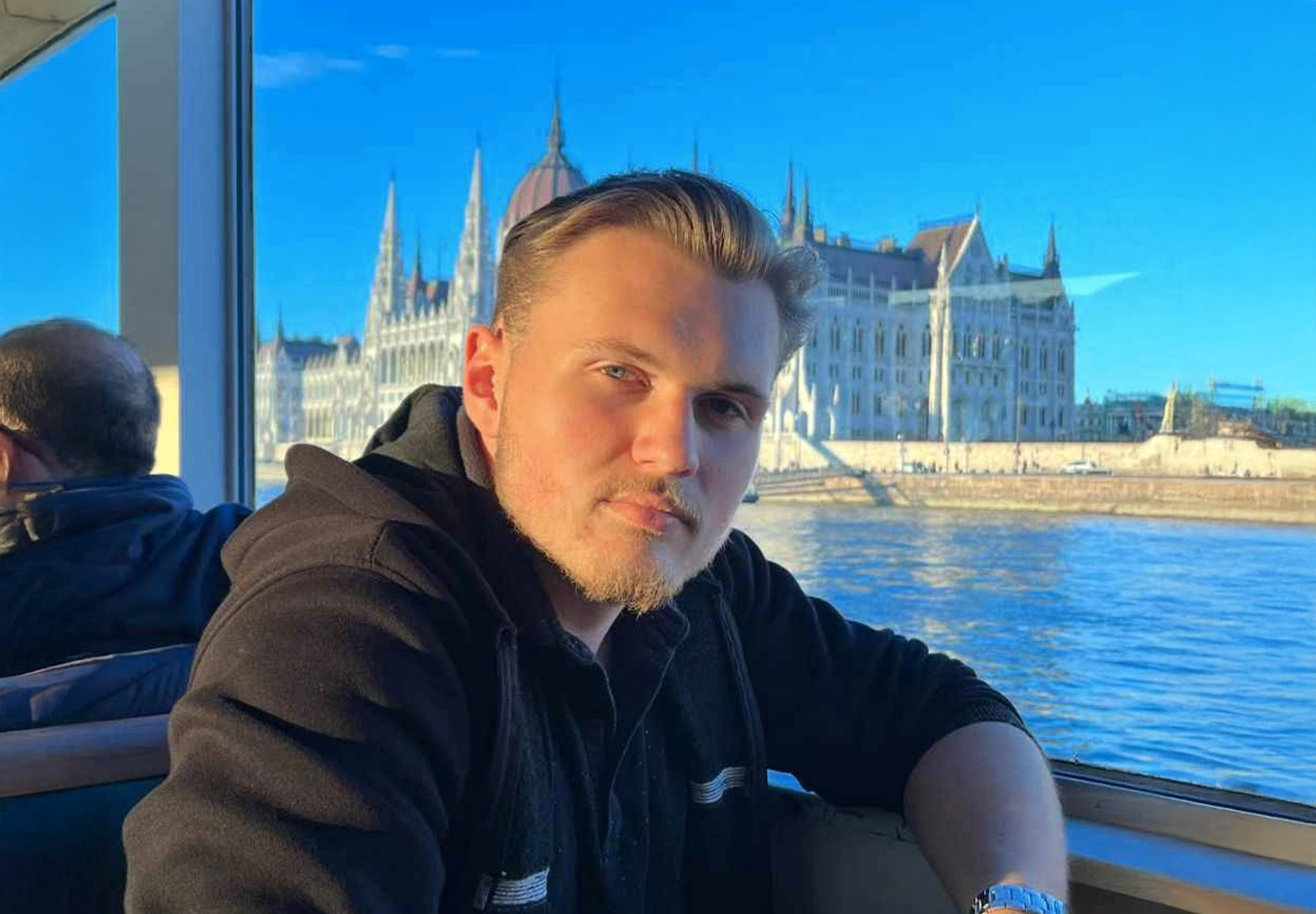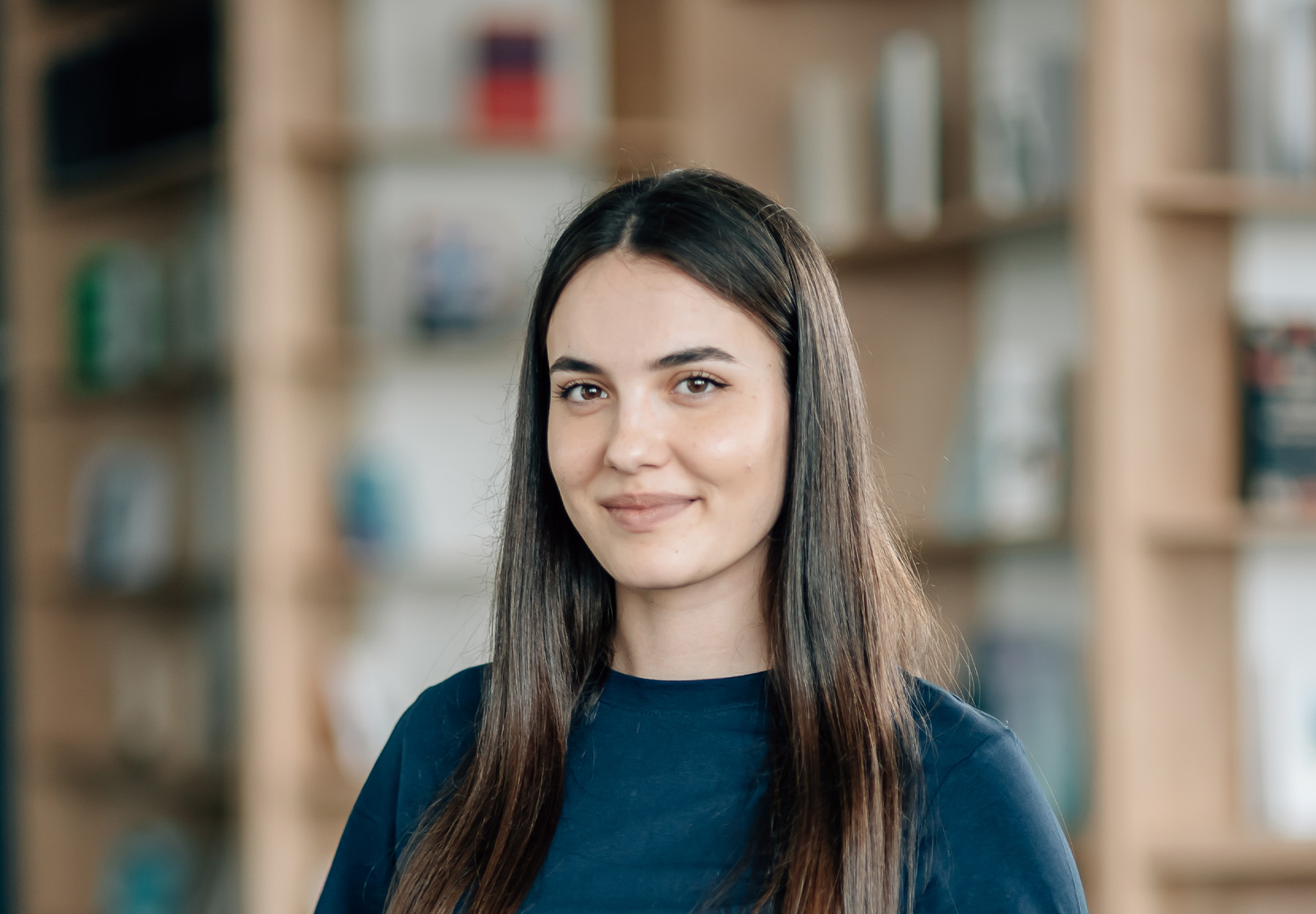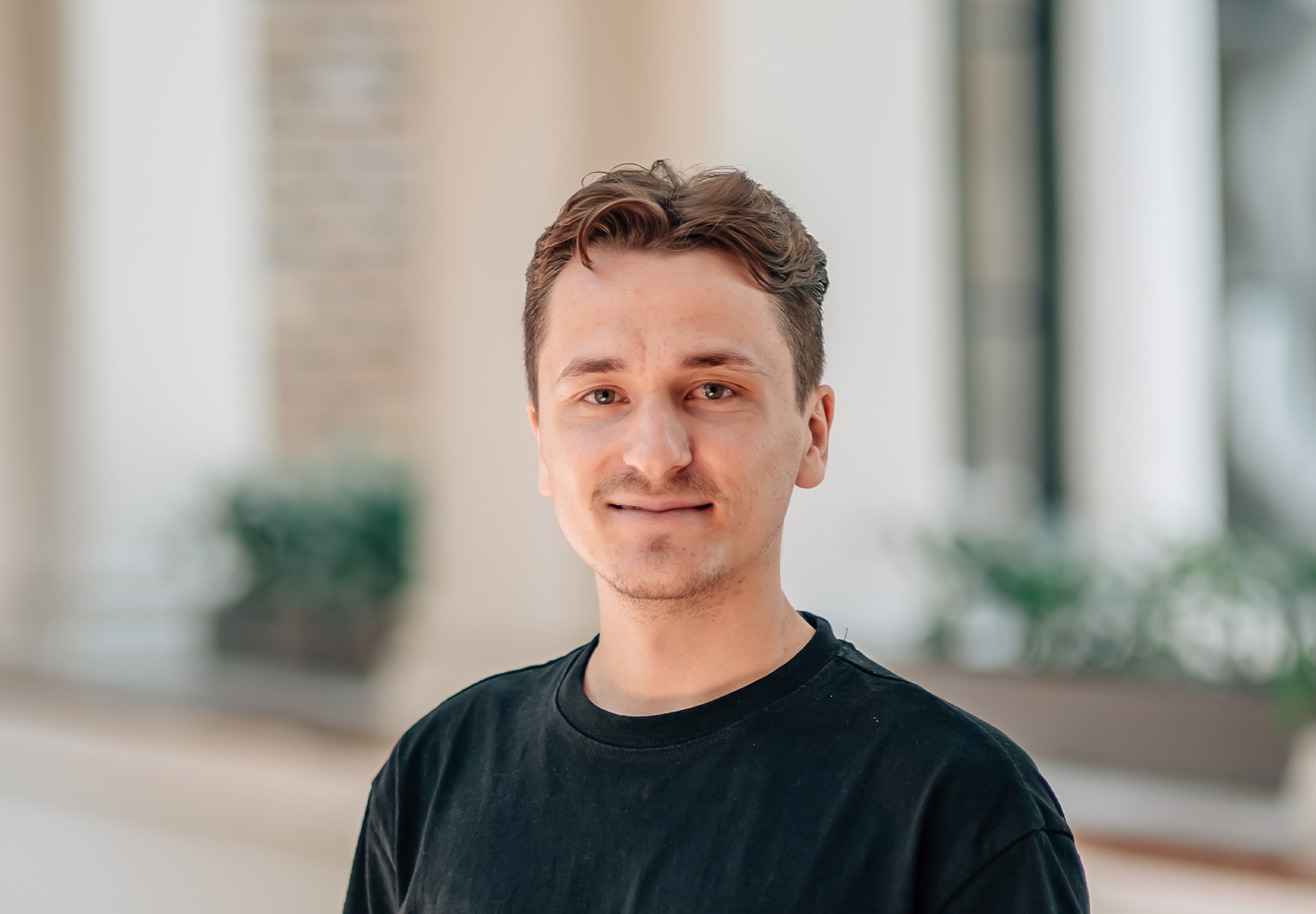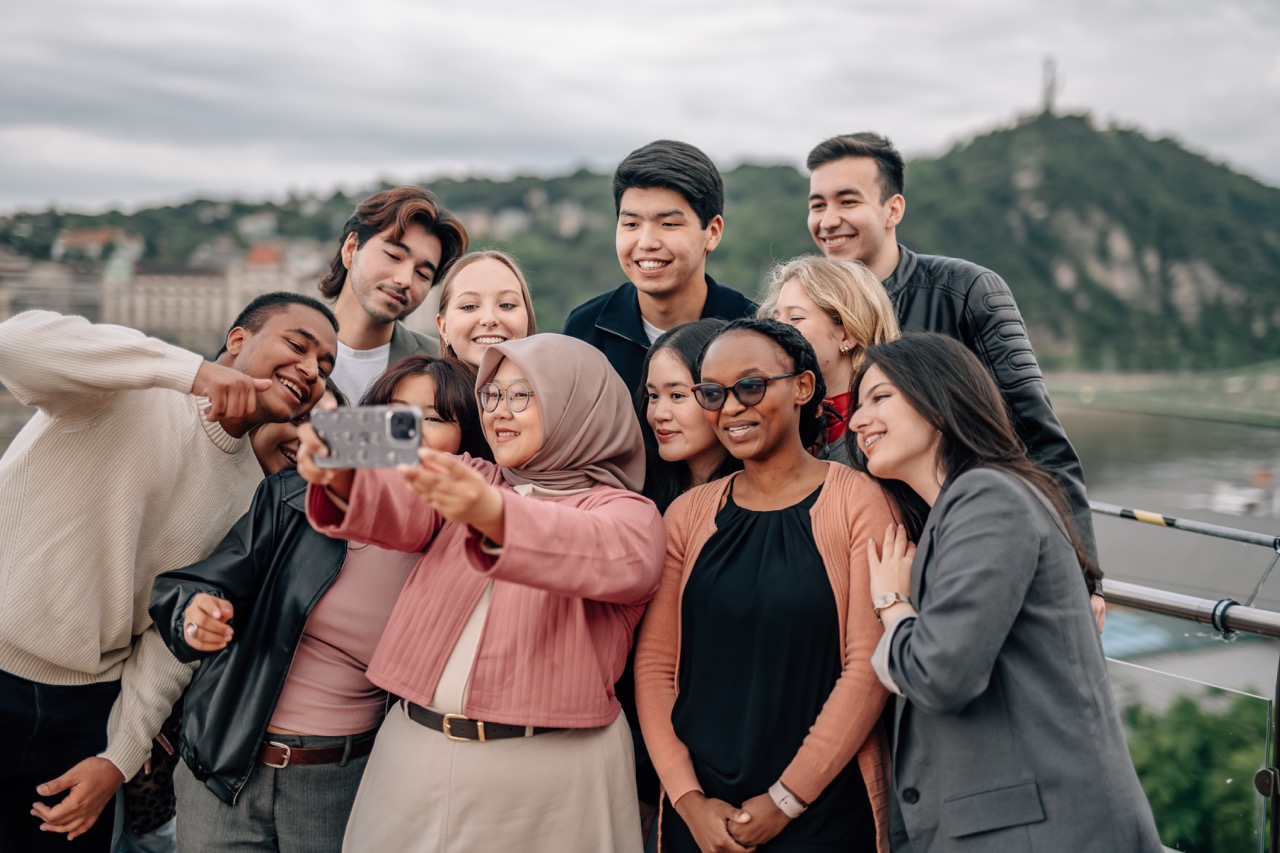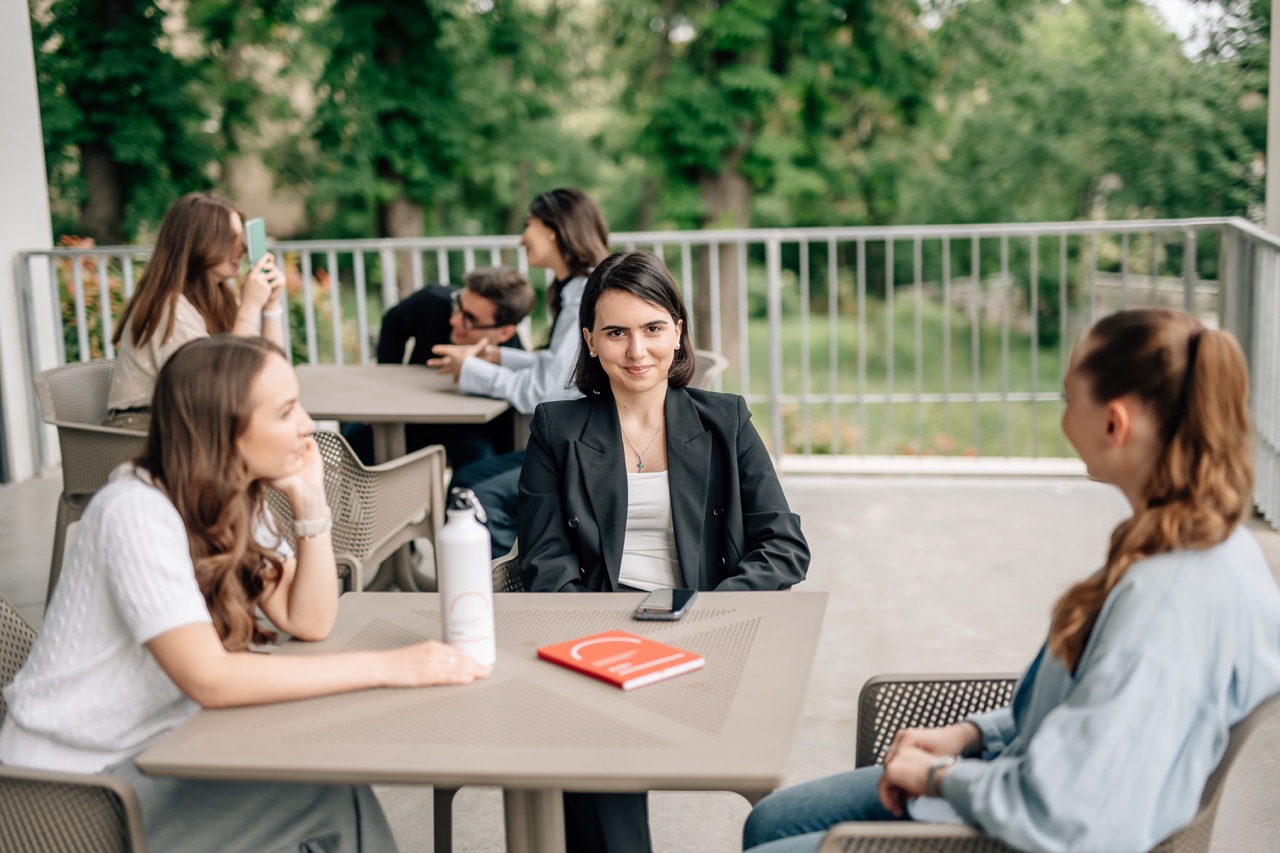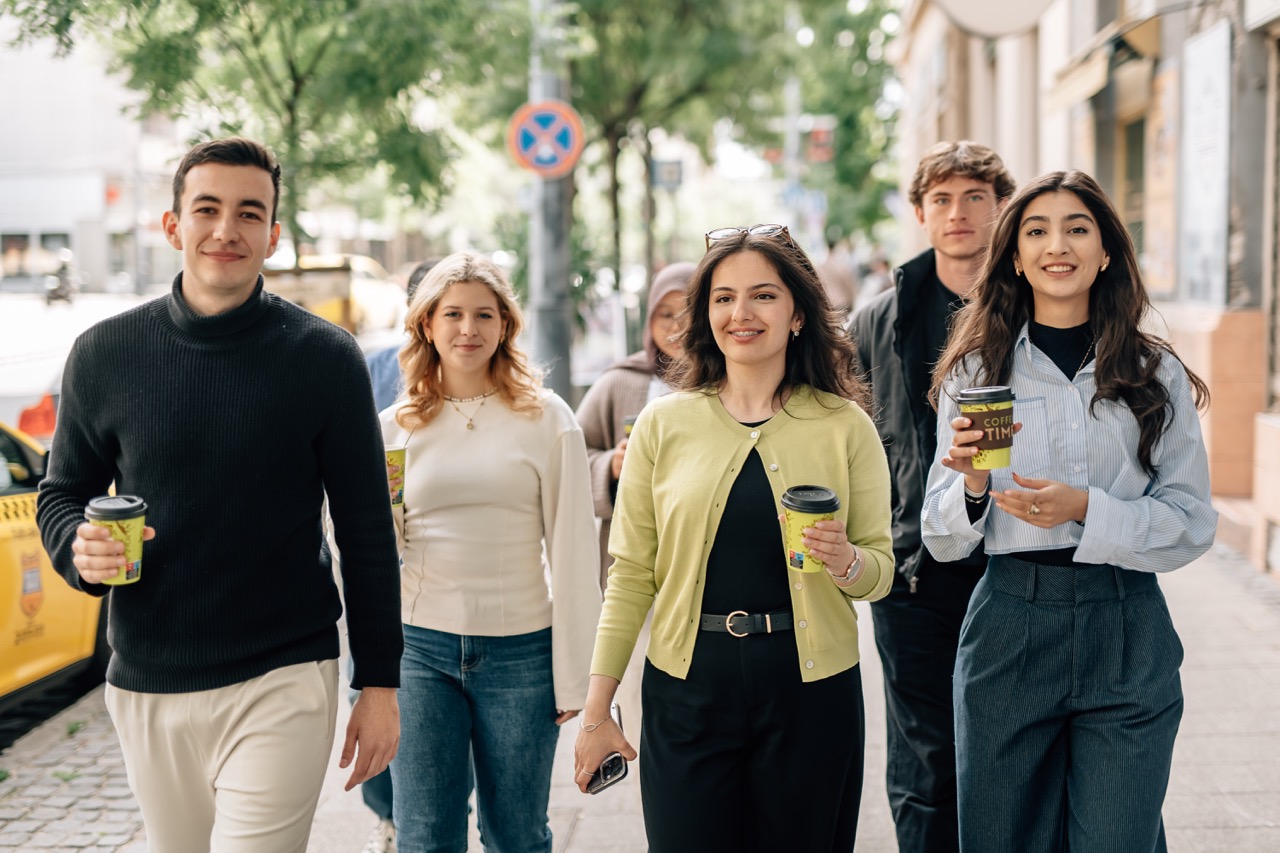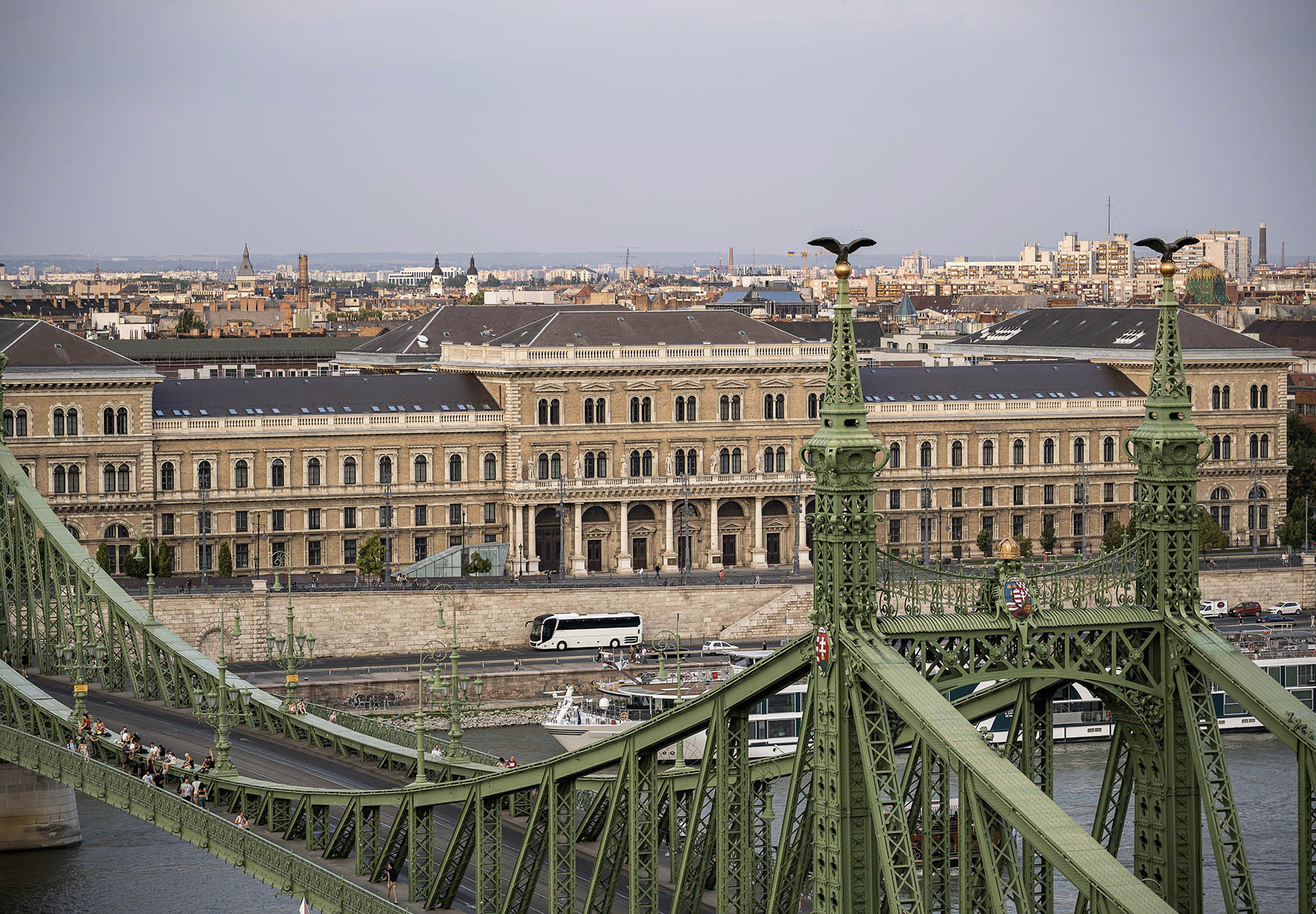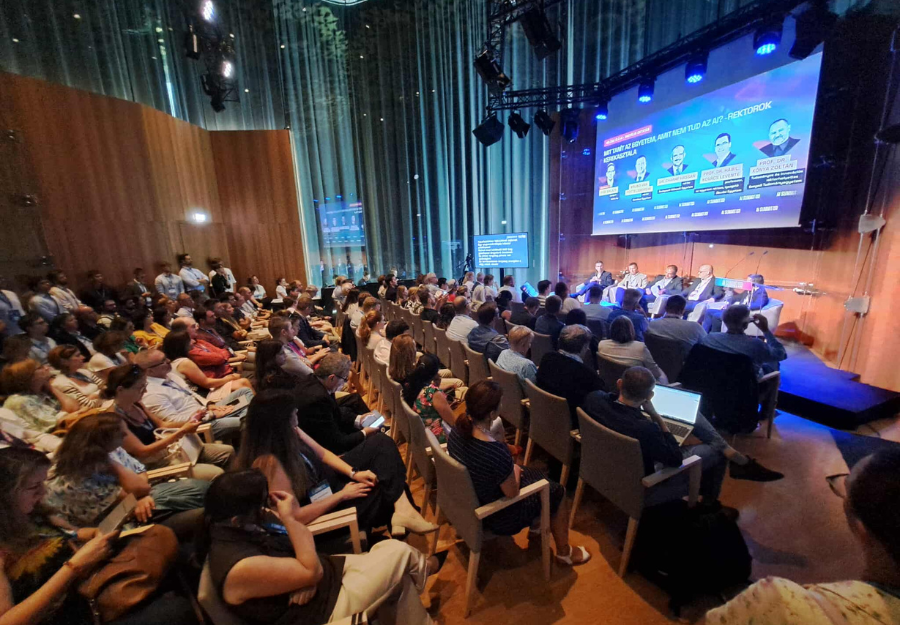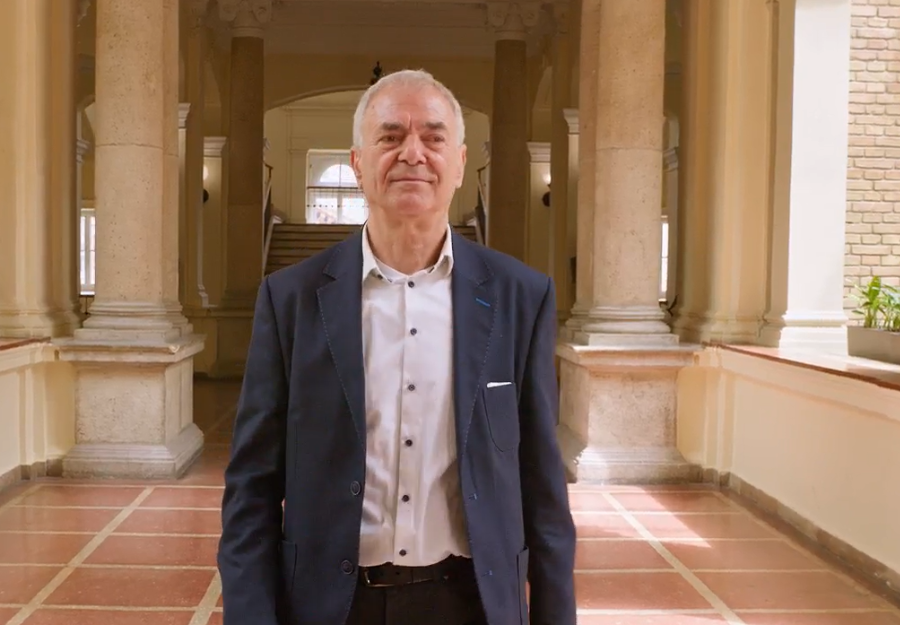
Alumni Stories: An Icon of the Profession
For nearly sixty years, Corvinus has been an integral part of his life—first as a student, later as a lecturer. Over more than half a century, he has taught in undergraduate, master’s, doctoral, and postgraduate programs, and many of his former students are now recognized experts and educators in the field of marketing. In addition, generations have studied and continue to study from the marketing books written by József Berács and his co-authors.
